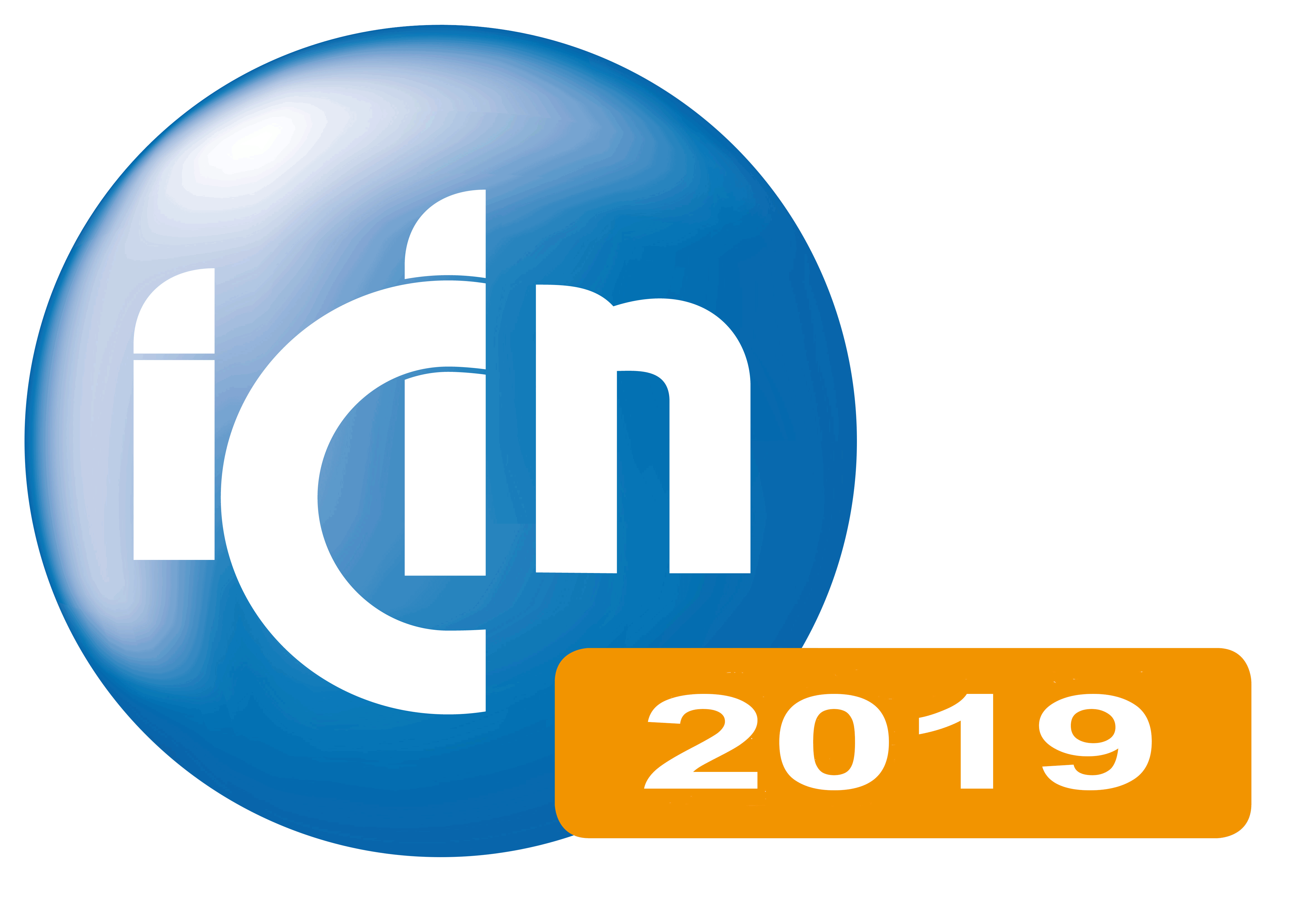
Abstract: The tutorial will introduce and explain the "intent-based" network programmability concept. Recently, network programmability received a lot of attention from both academia and industry, and the first ready-to-market solutions are now emerging. The concept of network programmability stems from the increasingly dominant role that software is playing in modern communication infrastructures, fostered by the unprecedented combination of several technological paradigms that evolved significantly in recent years, such as virtualization, Cloud Computing, Software Defined Networking, Network Operating System, Network Function Virtualization, etc. Similarly to what happened in the computing field, one of the most relevant key enablers to efficient network programmability will be the adoption of proper abstraction models. Abstractions will allow network operators and service providers to "think out of the box" and focus on high-level resource management and service description issues, instead of taking care of technology-specific and vendor-dependent details for network service deployment.
The first goal of this tutorial is to provide an introduction to the enabling technologies, with particular emphasis on their role and interplay in determining current network programmable solutions. Once these concepts are clarified, the focus is moved to the service composition issue. To date, such operations have been performed by means of very specific programming interfaces, making network programmability a technically challenging task, especially in case of multi-vendor deployments. However, the need for a more user-friendly approach emerged, which allows specifying service description by means of abstractions closer to natural language expressiveness.
A solution to this problem that is currently gaining momentum is the so-called "intent-based" approach, that puts the focus on what we want to achieve instead of how to achieve it. The intent-based approach will be explained, with particular reference to the Open Networking Foundation (ONF) vision as a network programming abstraction. Then some case studies will be presented, mapped on the most relevant platforms that implement this functionality, such as ONOS. A short hands-on session will conclude the tutorial, to help the audience familiarizing with the practical aspects of intent-based network programming.

Franco Callegati
(University of Bologna, Italy)
Biography: Franco Callegati is an associate professor of telecommunication networks at the University of Bologna, Italy. His research interests are in the field of teletraffic modeling and performance evaluation of telecommunication networks. He is currently working on performance evaluation and experimental validation of SDN/NFV-based networking solutions. He has been active in EU-funded research projects since FP4, where he led activities and participated in various steering committees.

Walter Cerroni
(University of Bologna, Italy)
Biography: Walter Cerroni is an assistant professor of communication networks at the University of Bologna, Italy. His most recent research interests include: definition, implementation, and performance evaluation of intent-based northbound interfaces for programmable SDN/NFV infrastructures; design, implementation, and performance evaluation of virtual network function chaining in cloud computing platforms (e.g. OpenStack); modeling and design of inter- and intra-data center interconnection networks for cloud computing infrastructures. He has contributed to several national and international research projects. Walter Cerroni is currently serving as Series Editor for IEEE Communications Magazine and Associate Editor for IEEE Communications Letters.

Chiara Contoli
(University of Bologna, Italy)
Biography: Chiara Contoli is a post-doc researcher at the University of Bologna, Italy, where she obtained her Ph.D. degree in 2017. She was a research scientist at the Network Research Laboratory of the University of California at Los Angeles, USA, where she worked on content delivery networks for automotive applications to complete her Master’s thesis. In 2016 she was visiting the Computer Science Department at Saint Louis University, USA. Her research interests are in programmable networks, SDN, NFV, and more generally in advanced networking architectures.
Abstract: The tutorial that covers theoretical aspects on OSM and how it relates to ETSI NFV Architecture, as architecture and design principles, and main OSM features.
Objective: Participants will learn the main aspects about the platform as well as the innovative new features in Release 5.
Tutorial outline:

Vanessa Little
(VMware , Canada)
Biography: With over 25 years’ experience in various roles in network and system architecture, mobile video system architecture and governance in both telco and retail sectors, Van has developed a diverse toolset. Having worked as everything from UNIX sysadmin to Chief Technical Officer with a number of leadership roles in between, Van has contributed to technologies from mobile, enterprise data centre, multi-national networks and beyond. Now at VMware as the Director - Global NFV Ecosystem Architecture Van is focused on leading integrated architectures that incorporate NFV partners across the globe in useful NFV solutions that solve for specific problems. Aside from her role at VMware, Vanessa is also the current Technical Steering Committee Chair of the ETSI Open Source Mano project, as well as the founder of the VNF Onboarding open source project, bellhop. These role have her speaking at conferences around the world, and spreading the word about the strength of the NFV Ecosystem, and emerging technologies in the space.